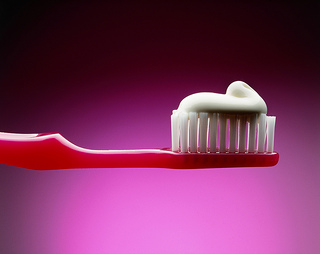Taking Charge of Your Dental Health
July 24th, 2024

Now that you’re a teenager, you have a lot more responsibility and independence. Choosing high school classes and electives. Getting a driver’s license. Landing your first job. And those new responsibilities extend to your dental health as well.
- Mouthguards
If you have a mouthguard for sports or athletic activities, wear it! Whether you have an over-the-counter device or a custom fabricated guard, it won’t do you any good hiding in your locker. A mouthguard cuts down on tooth and facial injuries caused by falls, physical contact, or other accidents that might happen in your active life. And if you wear braces, ask about a mouthguard designed to fit around them. These custom devices protect your braces and your mouth.
- Gum Health
Part of adolescence is adapting to all the changes your body is going through. But an increased chance of gingivitis, perhaps caused by hormonal changes, is not something you want to adapt to. You might suspect you have gingivitis, or early gum disease, if your gums are swollen, red, bleeding, or easily irritated. Let us know about your concerns. With proper dental care (brushing, flossing, cutting down on sugars and carbs), your gums will be healthy again in no time.
- Wisdom Teeth
Your teen years might be the time that your wisdom teeth make their appearance. We could discover them at one of your visits, or you may suddenly notice new teeth emerging behind your molars. If there’s room for your wisdom teeth and they are erupting (coming in) without problems, you might be good to go. But if there’s no room, or if you have pain or infection, or if they are causing damage to the teeth next to them, extraction might be necessary. Talk to us about all your options.
- Tobacco
You’re making decisions now that will affect the rest of your life. Don’t start using tobacco products, or if you’ve started, stop before it becomes even more addicting. Quitting tobacco is one of the best decisions you will make for your health—and this includes your dental health. Studies have shown that smokers and other tobacco users suffer much higher rates of oral cancer, serious gum disease, and early tooth loss. Set yourself up for decades of better health!
Finally, remember that sticking with your dental routine—two minutes of brushing morning and night and thorough flossing each day—will keep your gums and teeth healthy throughout your teen years. And, if you have any questions about your dental health in general, or a specific dental concern, give our Michigan Center, MI office a call! We’re here to work with you for a lifetime of beautiful smiles.



